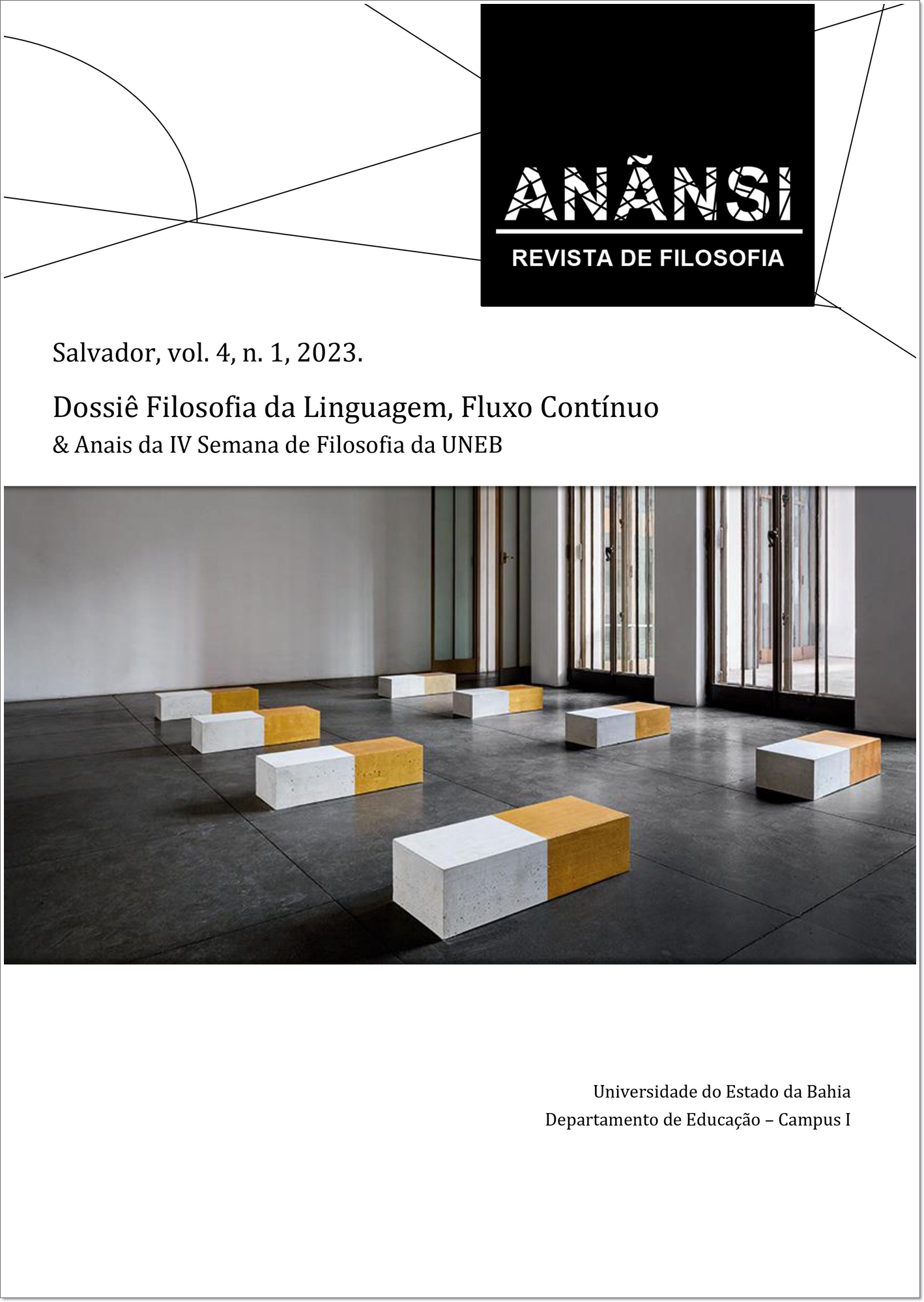Science, Rules and Scientific Practices: between the theory of science and the philosophy of language
Keywords:
Wittgenstein, Kuhn, Rules, ScienceAbstract
The idea that scientific development is not merely cumulative but is also consisting of occasional noncumulative episodes is at the core of Kuhn's history of science, for whom such episodes as scientific revolutions. This way of understanding the development of science leads to the question about the relationship between the normativity to which scientific activities must be subordinated and the existence of a competent body of rules that guides the performance of scientists. On the contrary to what happens in the normal development of science, in periods of crisis that precede revolutions, it is usual to have conflicts about these rules, as well as about the interpretation of paradigms. This leads to the inquiry about how, in such a context, scientific activities are guided. The answer to this question is taken from an important chapter in Wittgenstein's philosophy, which concerns the notion of 'family resemblances'.
Downloads
References
BARNES, B. T. S. Kuhn and Social Science. The Macmillan Press: London, 1984.
DOPPELT, G. Incommensurability and The Normative Foundations of Scientific. Knowledge. In: HOYNINGEN-HUENE, P.; SANKEY, H. (eds.) Incommensurability and Related Matters. Dordrecht: Kluwer, 2001. p. 159-179.
FRIEDMAN, M. Dynamics of Reason: the 1999 Kant Lectures at Stanford University. Stanford: CSL Publications, 2001.
KUHN, T. The Road since Structure. Chicago: Chicago University Press, 2000.
______. The Structure Scientific Revolutions. Chicago: Chicago University Press, 1970.
______. “Foreword”. In: FLECK, L. Genesis and Development of a Scientific Fact. Chicago: The University of Chicago Press, 1979.
SHAPERE, D. Reason and the Search for Knowledge. Boston Studies in the Philosophy of Science, vol 78. Dordrecht: Springer, 1984.
WITTGENSTEIN, L. (1969) On Certainty. Oxford: Basil Blackwell, 1969.





